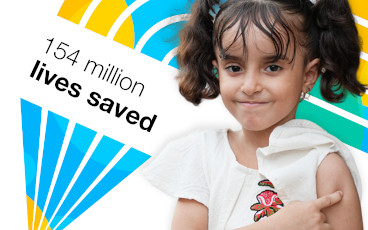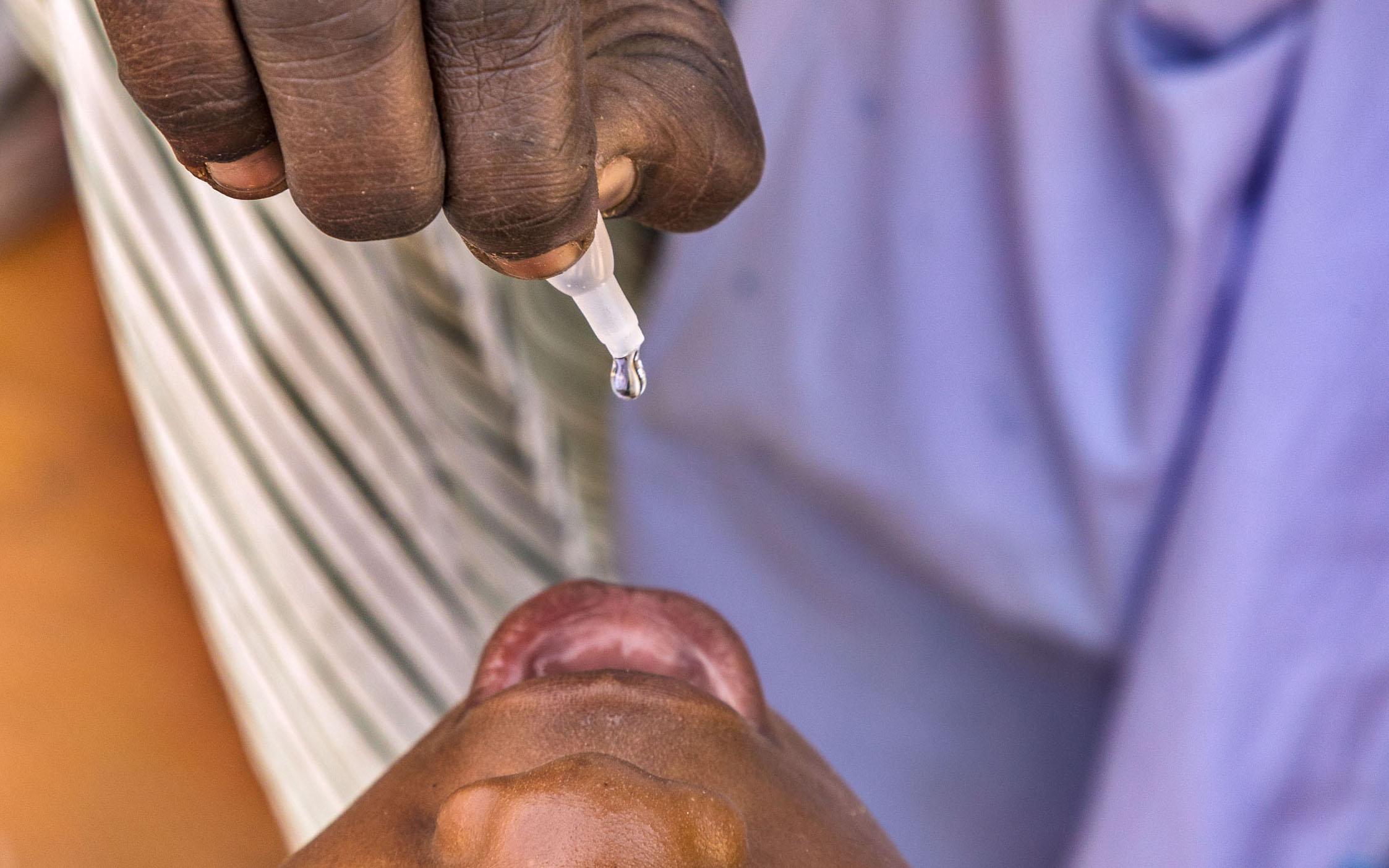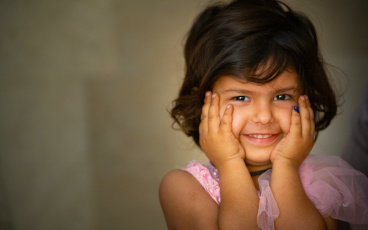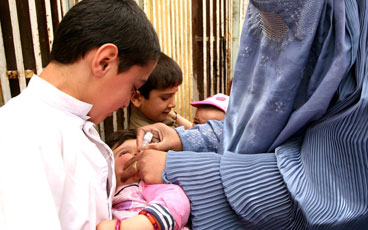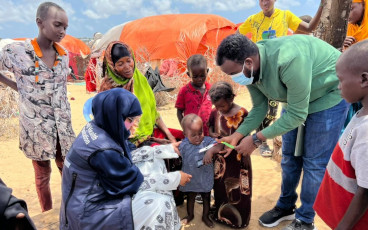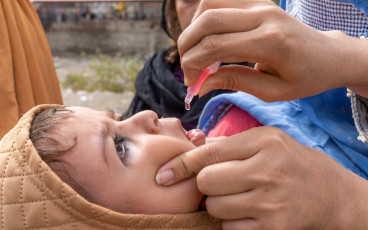Reaching the Finish Line
With eradication closer than ever, delegates to the World Health Assembly discussed how to finish the job and address the challenges of the post-polio world.
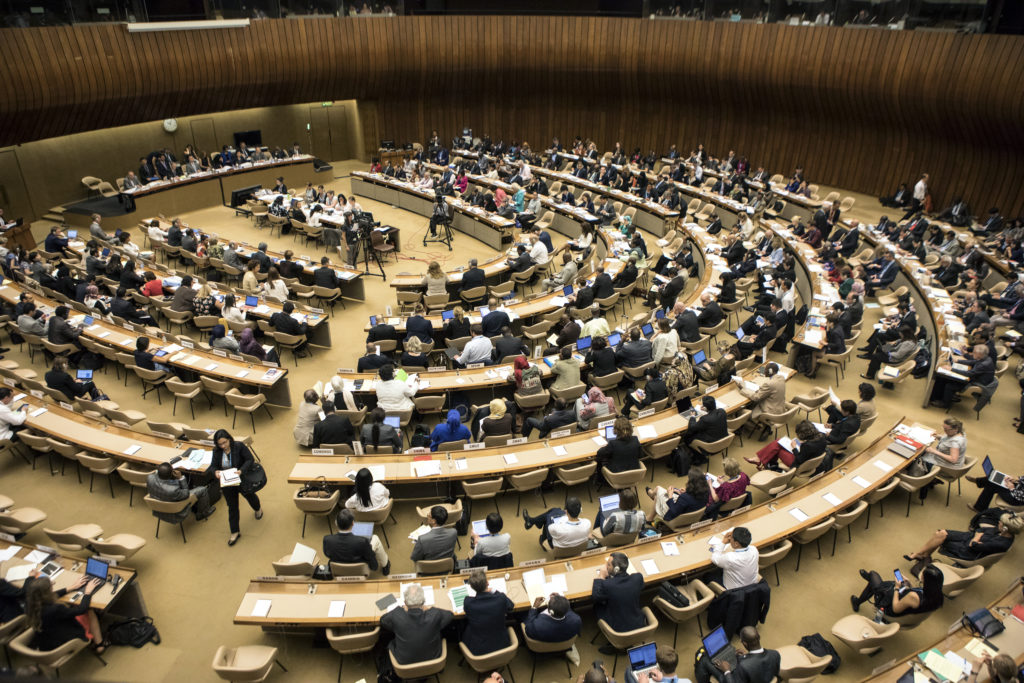
At the 70th World Health Assembly in Geneva, global health leaders have reiterated their commitment to polio eradication, discussing progress made and challenges ahead and emphasising the critical need for effective transition planning for the post-polio era.
Member States spoke of the continuing steady progress towards eradication, and the importance of supporting the remaining endemic countries in finishing the job. With only 37 cases in three countries in 2016, achieving eradication is closer than ever before.
Delegates from Afghanistan, Pakistan, and Nigeria, the last three endemic countries, outlined their key strategies for ending transmission as a matter of priority. The Pakistani delegate underscored the need for continued support from the global community: “Last miles are difficult, but we need to stay the course and reach a significant public health landmark of our time.”
Michel Zaffran, Director of Polio Eradication at WHO, spoke of the impressive decline in cases, achieved through the commitment of Member States, and stressed the critical need to continue to support the endemic countries in their efforts to stop the virus.
“We stand on the brink of making history, but progress is fragile… We cannot lower our guard. We must redouble our efforts to support Nigeria, Pakistan and Afghanistan to implement their national emergency action plans, and ensure they have the resources to do so.”
Member States also addressed the challenge of the scale down of the polio programme as eradication comes closer, including the potential impact on achieving and sustaining a polio-free world, on health programmes and systems currently supported by polio assets, and on WHO itself. They welcomed existing efforts to plan for the post-polio world, and stressed the importance of careful, considered, and strategic approaches to the transition of polio assets, requesting the WHO Director-General to prepare a detailed transition action plan.
Many delegates expressed concern about the ongoing shortage of inactivated polio vaccine, and noted the need to implement containment measures to ensure the safe and secure storage and handling of materials containing polioviruses, and destroy unneeded materials.
Rotary International reaffirmed the commitment of their 1.2 million volunteers to the global polio eradication effort, and expressed cautious optimism about the low levels of transmission in 2017. The Rotarian speaker called for the support of all countries to achieve eradication. “The support of every country is needed now more than ever. Passive support is not enough; we will not succeed without political and financial commitment… Let’s make history and end polio together.”


